Mouth ulcers can be excruciatingly painful! Simple canker sores, which are tiny, white lesions caused by inflammation, are the most prevalent. Infections can produce cold sores and thrush, which can lead to ulcers. Deal with any dental concerns that may be causing the condition, as well as triggers like stress or particular meals, to help prevent mouth ulcers. If your ulcers persist or you feel an underlying issue is to blame, you should seek treatment from your doctor.
Method 1: Dealing with Dental Issues
Choose a toothpaste that is free of sodium lauryl sulfate.
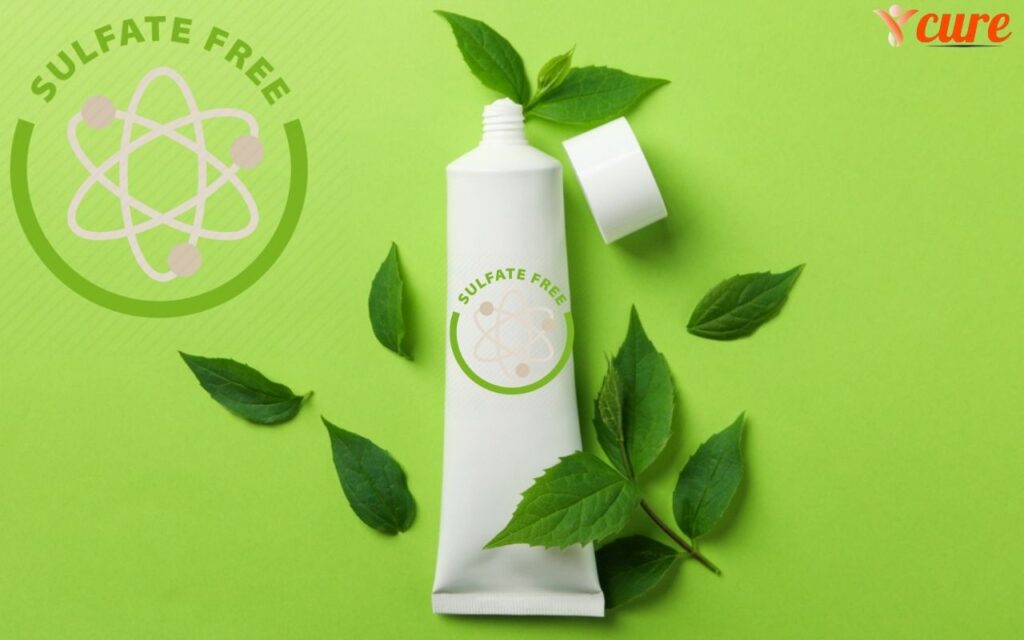
This chemical can cause chronic mouth ulcers in certain persons. You might be able to avoid recurring ulcers simply by switching to a different brand of toothpaste.
Before you buy toothpaste, make sure you check the ingredient list.
Choose a toothbrush with a gentle bristle.

Brushing your teeth with a too-hard toothbrush might cause irritation in some people. As a result, you’re more likely to get mouth ulcers. To protect your gums from inflammation, seek a toothbrush that reads “soft” or “soft bristles” on the packaging.
Brushing your teeth should also be done gently. Brush your teeth only once or twice a day. On your teeth, use light, brief strokes.
Brush and floss your teeth on a regular basis to maintain proper oral hygiene.
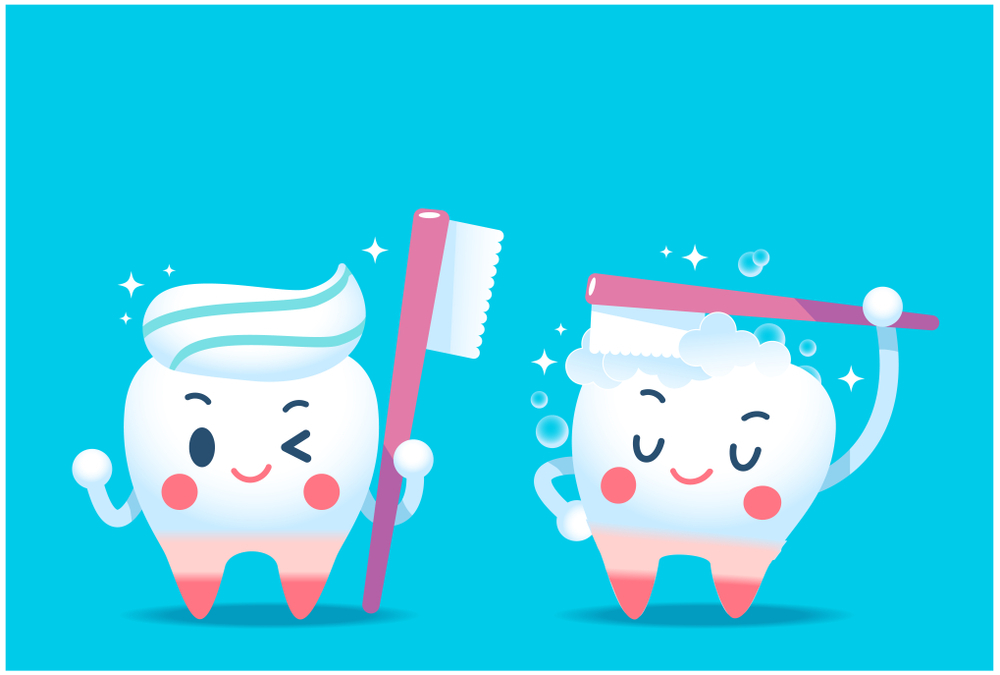
Brush your teeth after every meal or at least twice a day, and floss once a day. To remove bacteria, remember to brush all sides of your teeth as well as your tongue.
Antimicrobial mouthwash can also help you maintain better oral hygiene.
If your dentures aren’t fitting properly, go to your dentist.

Whether your dentures aren’t fitting properly, ask your dentist if there are any alterations that may be made. Whether you’ve had your dentures for a long time or only a few months, they should fit correctly and not cause mouth ulcers.
Dentures that are ill-fitting can rub on sensitive areas of your mouth. This might cause severe mouth ulcers, making it difficult to wear your dentures.
Denture cream can help keep your dentures in place, but it won’t help if your dentures don’t fit properly.
If you’ve had your dentures for a long period, it’s possible that changes in your body weight have caused them to fit differently.
You can also remove your dentures for a while. Submerge them in water or a denture solution for up to four hours per day.
See the dentist for a sharp, chipped tooth.

A sharp edge left behind by a fractured or chipped tooth can cause ulcers. Only a dentist can correct this problem, so make an appointment as soon as possible.
The dentist may only need to file the edge away, which is a relatively inexpensive treatment. If it’s fractured all the way down, though, you may need a root canal or other major dentistry, which can be costly.
You can cover the tooth with dental wax or even a little piece of sugarless gum until you can see a dentist. This will protect your gums and cheeks from the sharp edge.
Method 2: Eliminating Triggers
Take food triggers out of your diet one by one.
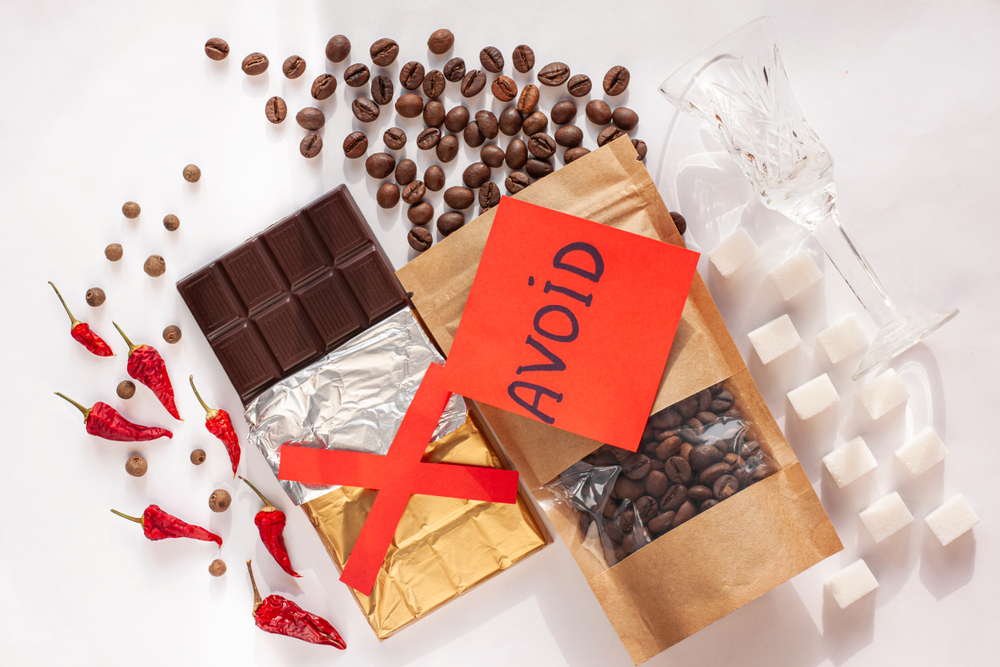
Certain foods may cause mouth ulcers in some persons. Wheat flour, tomatoes, spicy foods, chocolate, peanuts, almonds, cheese, coffee, and strawberries are examples of these foods. To see if you get some relief, try pulling them out one at a time, aiming for two weeks at a time.
Alternatively, try removing them all at once and then reintroducing them one by one to see whether any of them cause ulcers.
Also, stay away from items that irritate your tongue, such as acidic meals, chips, pretzels, nuts, and even certain spices.
Manage your stress and anxiety.
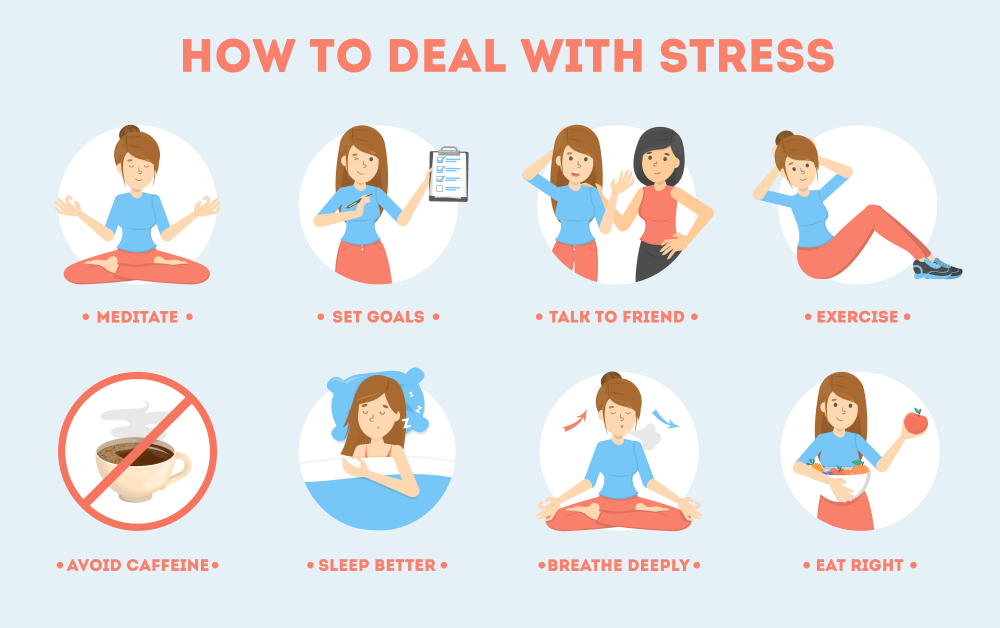
Mouth ulcers can be triggered by stress, just as it can be triggered by a variety of other physical ailments. Of course, living a stress-free existence is practically impossible, but you should strive to find strategies to manage your stress so that it doesn’t take over your life. When at all possible, try to avoid stressors. For example, if viewing the news makes you anxious in the morning, skip it or read a short synopsis instead. If baking makes you nervous, buy baked goods for a bake sale or a children’s party instead.
Try yoga or meditation, for example, to assist you in de-stress from your worries. Eating a well-balanced diet and exercising regularly can also help.
When you’re stressed, deep breathing exercises can also aid. Close your eyes and take four deep breaths in through your nose. Retain your breath for 4 counts, then exhale through your mouth for 4 counts. As you continue to breathe, attempt to empty your mind and focus solely on your body. Repeat until you feel your anxiety dissipate.
Consult a therapist if stress is taking over your life. You could also discuss the option of taking anxiety meds with your doctor.
Have a restful night’s sleep.

Not getting enough sleep, like being stressed out, can cause mouth ulcers. Everyone needs a varied amount of sleep, but the majority of healthy adults require 7 to 9 hours per night. Teenagers require 8-11 hours of sleep per night, whereas children require 10-13 hours.
If you’re having difficulties sleeping, consider avoiding screens for at least an hour before going to bed.
Consume a healthy diet rich in fruits and vegetables.

Every time you eat, try to fill half of your plate with fruits and vegetables. At most meals, choose whole grains, which are high in minerals and fibre. Including a wide variety of fruits, vegetables, and whole grains in your diet will assist ensure that your mouth ulcers are not caused by a vitamin shortage.
Consider taking a nutritional supplement with iron, zinc, or vitamins B1, B2, B6, B12, or C if you have a vitamin deficit, depending on which vitamins you don’t receive enough of in your diet.
To avoid biting the inside of your mouth, chew slowly.

Every now and again, everyone bites their face or tongue! However, if you do this on a frequent basis, it may be the source of your ulcers. To test if taking your time while chewing helps, try it. Slow down and cut your meal into smaller bits when eating.
If you chew your cheek when you’re nervous, attempt to become more conscious of the behaviour and stop yourself. When anxiety is a problem, try to reduce it as much as possible and utilise relaxation techniques to help.
Stop smoking if you use tobacco products.

If you need another reason to quit, consider this: smoking can raise your risk of developing mouth ulcers. If you talk to your doctor about quitting, they may be able to help you go on the nicotine patch or tablet, which may make it easier to quit.
Join a support group for those who are attempting to quit smoking.
Inform your friends and family that you are attempting to quit so that they can assist you in making better selections.
Look for activities to do instead of smoking. If you regularly smoke after dinner, for example, go for a walk instead.
Method 3: Managing Symptoms at Home
Leave an ulcer be if it’s a small canker sore.

A mild canker sore is a small, oval-shaped sore with a red edge that is irritating but not painful. You don’t need to do anything about tiny canker sores because they usually go away on their own in a week or two. If you have a painful, reoccurring ulcer, though, you should seek medical attention.
You should also contact a doctor if the sore goes into your lips.
Clean your mouth with warm water and salt.
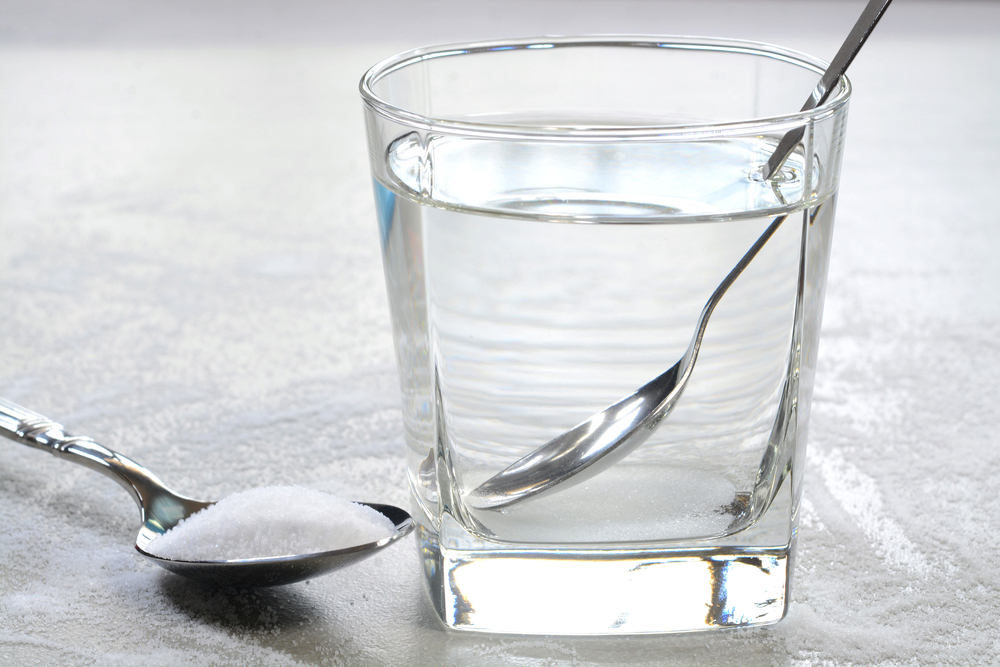
In the microwave, warm a cup of water until it is warm but not hot. Allow 12 teaspoons of salt to dissolve in the water. Then, for 10 to 12 seconds, swish the warm water about your mouth and spit it out. If you ingest the saltwater, it will not only taste awful, but it will also dehydrate you.
Use a salt rinse no more than three or four times each week.
To accelerate the healing process, use an antibacterial mouthwash.

Antimicrobial mouthwashes can be found in drugstores and pharmacies. This treatment should not be used on children under the age of two. Antimicrobial mouthwashes can also help prevent an ulcer from becoming infected if you already have one.
Although some mouthwashes may discolor your teeth, the staining may fade with therapy.
Stop using mouthwash straight away if it makes your symptoms worse.
Try a homemade mouthwash made with tea tree oil and warm water if you prefer natural therapies.

You don’t have to endure if your mouth ulcers are causing you a lot of discomforts. Acetaminophen is a pain reliever that can be used to alleviate minor aches and pains. It’s available over-the-counter. Look for acetaminophen brands including Tylenol, Disprol, Hedex, Medinol, and Panadol.
Make care to read the package directions to discover the correct dosage for you.
To relieve discomfort and swelling, put ice cubes in your mouth.

Allow ice chips to gradually dissolve over your mouth sores. To achieve the same numbing effect, eat cold foods such as popsicles, frozen yogurt, or ice cream.
However, if the cold food aggravates your ulcers, you should avoid eating it.
To alleviate pain, use a straw while drinking

If drinking stings and aggravates your mouth ulcers, a straw can help you guide liquid away from the ulcer. You shouldn’t stop drinking just because it hurts because it’s crucial to stay hydrated and keep your mouth clean.
Many individuals have problems drinking cold beverages, so keep a straw handy for your chilled juices and water.
Method 4: Seeing a Doctor

If an ulcer persists for more than two weeks, see a doctor.
Even if you think your ulcer is only a canker sore, it’s still a good idea to see a doctor if it lasts longer than a week or if you have recurring ulcers. It’s conceivable that your sores are a sign of something else, which your doctor can help you figure out.
Ulcers, for example, might be symptoms of celiac disease, Crohn’s disease, or reactive arthritis.
If you have a thrush infection, ask your doctor for antifungal treatment.
Thrush is a fungal infection that can cause many oral sores. They may be slightly elevated and have a cottage cheese-like look. They may bleed or cause excruciating agony. Thrush can be treated with an antifungal drug prescribed by your doctor.
You can also notice a cottony feeling in your mouth or cracking at the corner of your lips.
Discuss the option of taking an antiviral drug if you get cold sores frequently.
The herpes simplex virus is the cause of cold sores. These are usually little blisters that burst on the exterior of your mouth, but they can also occur inside your mouth. While they typically go away on their own, your doctor may prescribe an antiviral medicine if you get them frequently or they don’t seem to go away.
With close contact, such as kissing or oral sex, this virus is spread from person to person.
See a doctor, if your ulcers become worse or cause a fever.
You should consult your doctor if your ulcers start off modestly painful but grow increasingly so. Make an appointment with a doctor if they become red from white. Both of these signs may suggest that you have a bacterial infection that requires antibiotic treatment.
If your mouth sores are accompanied by a high temperature of 103 °F (39 °C), it could be a symptom of bacterial infection.
Request to have blood tests run for recurring mouth ulcers.
Ulcers can also indicate a nutrient shortage, the most common of which is a lack of vitamin B12 or iron. If you need more of them in your diet, a blood test can inform you. It’s also possible that a shortage of zinc or folate is to a fault.
If this is the case, your doctor will almost certainly prescribe a supplement.
Also Read : 10 Minute Full Body Stretch To Relieve Your Stress – V Cure (vcurehealthcare.com)





